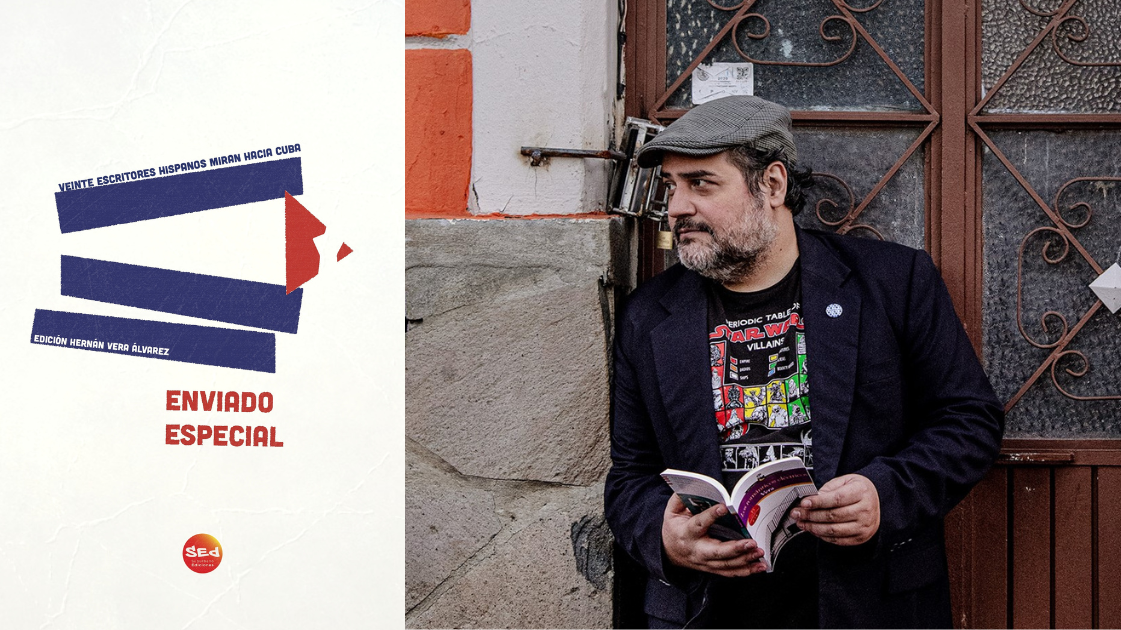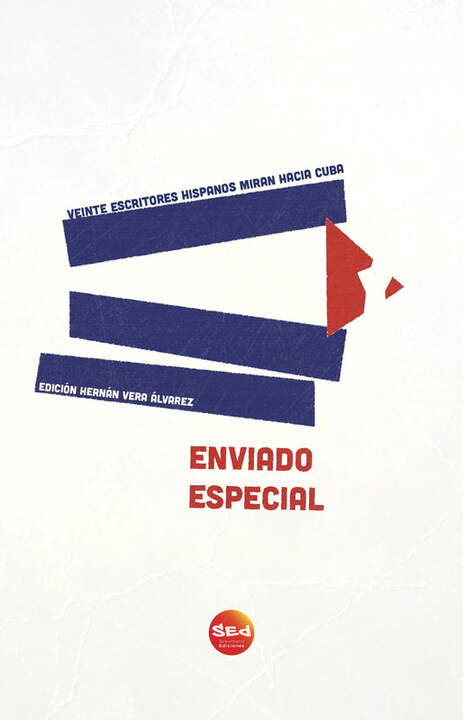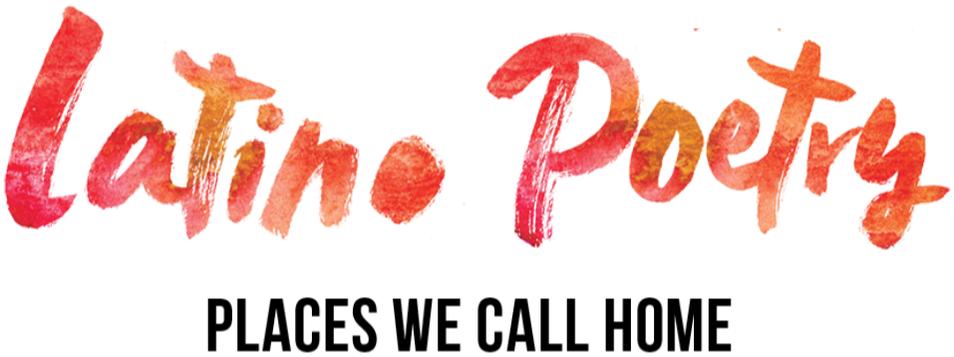Enviado especial
Hernán Vera Álvarez (editor)
|
Enviado especial, an anthology edited by Hernán Vera Álvarez, offers an insightful, critical, and in some instances, intrusive gaze from an outsider’s point of view. How do these twenty authors from Latin America and Spain see Cuba? This collection acts as a mirror that reflects the island from different angles, discovering a reality that goes beyond palm trees, rumba, and clichés.
Cuba is first introduced as a place, in the sense of a “setting,” with a visit to Casa de las Américas, where the elevator sometimes works and sometimes doesn't. It becomes a walk around the poorly lit San Nicolás de Bari neighborhood and from there to El Vedado, with nods to Pedro Juan Gutiérrez and Cabrera Infante along the way. Cuba is Hemingway’s home, Finca Vigía, that can only be seen “from the outside,” and a T-shirt with Che Guevara’s face that has been turned into pajamas. Cuba is also the place filtered through pages: the act of reading Elfriede Jelinek in Havana, or the surprise of a journalist who discovers how El Zorro resembles an egg. It brings back memories of the special period that may overwhelm readers because they are so real and well narrated, and there is even a cameo from Dulce María Loynaz. Cuba is the memory of Reinaldo Arenas and his work in Little Havana during the celebrations of Fidel Castro’s death. Cuba is also the food: a plate of tostones at the Versailles, with Virgilio Piñera in the background, linking in the cadence of a story that is anchored in Ecuador's port city of Guayaquil. Cuba is all that, and so much more. |
Cuba is also the memories of a teenager who visited the island in 1989 and kept polaroid photos taken in Varadero, the Malecon seawall and its thousand monuments. And it is Néstor Almendros, the “Catalonian who knew how to be Cuban,” whose life and cinematography are recounted along with the adventures and misadventures of a young Argentine man during the production of a censored film in the 80’s in his country.
Other times, the island is its people. Like Yandelis, who is looking for El Aleph in Buenos Aires. Or the santera who turns out to be a psychoanalyst. Cuba can be a spouse, the husband who loves his friends and his job —the latter, perhaps too much, in times of the coronavirus. Cuba is also the writer whose presence brings up the threat of a boycott in a Miami bookstore.
Cuba also incarnates in university professors: an arrogant PhD holder and a rude guy whose bad manners spoil social gatherings. (This story-chronicle, with background music by Pablo Milanés and Buena Vista Social Club, has a special charm for academics and reveals a glimpse of Peru during the times of the Mariel Boatlift events.) The island can also the racist grandmother who disowns her Peruvian granddaughter. Cubans and Peruvians go hand in hand in this anthology.
And then, there is also the Cuba of personal discoveries, and the strong influence of Arenas’ books and Cuentos desde Miami on their readers. Cuba is also a distant revolution and an aged cubalibre that brings up memories of disappointments to a woman in the Casa de Campo in Madrid. The image of Che Guevara, who is still, for many, a symbol of Cuba, pops up again, at the end of a delightful story about Fidel Castro's tailors.
This anthology is, in sum, a magnificent Cuban kaleidoscope.
Other times, the island is its people. Like Yandelis, who is looking for El Aleph in Buenos Aires. Or the santera who turns out to be a psychoanalyst. Cuba can be a spouse, the husband who loves his friends and his job —the latter, perhaps too much, in times of the coronavirus. Cuba is also the writer whose presence brings up the threat of a boycott in a Miami bookstore.
Cuba also incarnates in university professors: an arrogant PhD holder and a rude guy whose bad manners spoil social gatherings. (This story-chronicle, with background music by Pablo Milanés and Buena Vista Social Club, has a special charm for academics and reveals a glimpse of Peru during the times of the Mariel Boatlift events.) The island can also the racist grandmother who disowns her Peruvian granddaughter. Cubans and Peruvians go hand in hand in this anthology.
And then, there is also the Cuba of personal discoveries, and the strong influence of Arenas’ books and Cuentos desde Miami on their readers. Cuba is also a distant revolution and an aged cubalibre that brings up memories of disappointments to a woman in the Casa de Campo in Madrid. The image of Che Guevara, who is still, for many, a symbol of Cuba, pops up again, at the end of a delightful story about Fidel Castro's tailors.
This anthology is, in sum, a magnificent Cuban kaleidoscope.
Hernán Vera Álvarez, sometimes known as “Vera,” was born in 1977 in Buenos Aires. His books include Los hermosos, La librería del mal salvaje (Florida Book Awards), among others. He is also editor of several anthologies such as Viaje One Way, Don´t cry for me, América (International Latino Book Awards), and Escritorxs Salvajes.
Enviado Especial (2022) is a publication by Suburbano Ediciones.
Enviado Especial (2022) is a publication by Suburbano Ediciones.
Comment Box is loading comments...
|
|









